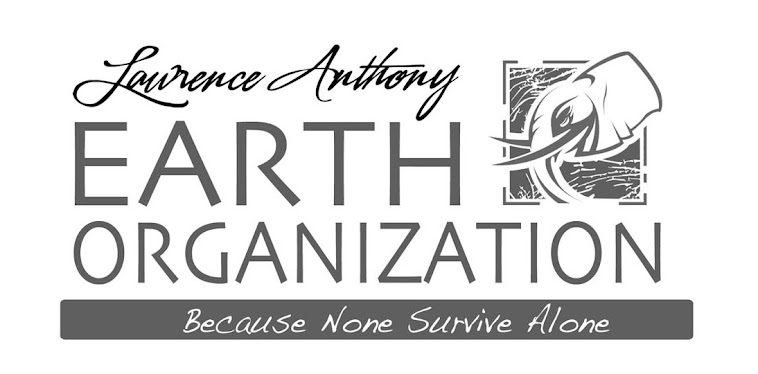"Are Our Rich Mineral Resources a Curse?"
Published in the Namib
Times, 10 May 2013.
By Marcia Stanton
Most of our vast land and ocean has been leased out to
mining companies. It’s concerning given that generally mining is not
sustainable as it involves the removal of finite resources which do not
reproduce within a reasonable period of time. Sustainability is supposed to be
a pillar of Namibian society, with the concept even incorporated into our
Constitution.
Due to mining being an unsustainable industry highly
reliant on unstable world markets, many mining projects fail and at some point
all mines have to close. The result is an ecologically damaged area, a polluted
environment, exhausted water resources, poor health, job and income losses,
unnecessary infrastructure and the entire mining footprint to clean up.
With mineral agreements across our entire country, the cumulative impact is
substantial.
Some might argue that the positive impacts outweigh the
negative. Often people argue that mines are a large source of employment,
but according to the National Planning Commission, mining only accounts for 2%
of jobs in Namibia. It is a benefit that mining supplies 8.8% of GDP and
provides 54% of foreign exchange earnings, but the
dependency on minerals may actually be a curse.
According to Oxford, Namibia is ranked 16th in the world in terms of mineral dependence and this dependency is only increasing. High reliance on minerals is considered negative and it is associated with poor governance and lower levels of economic and institutional development.
According to Oxford, Namibia is ranked 16th in the world in terms of mineral dependence and this dependency is only increasing. High reliance on minerals is considered negative and it is associated with poor governance and lower levels of economic and institutional development.
The earnings from the mineral sector may sound enticing,
but the
concentration of mineral rights remains mostly with the wealthy and is
inaccessible to the local people, causing income inequality. If the
wealth generated from mining only remains with the few, does it really serve to
benefit all of society?
The World Bank has stated that high income inequality threatens economic status and development potential. In 2011, the 40 richest mining billionaires earned a net worth of US$300 billion. This is equivalent to about of 40% of sub-Saharan Africa’s GDP (excluding South Africa). According to UNICEF, the wealthiest 61 million persons hold the same amount of money as the poorest 3.5 billion people in the world.
Namibia has one of the most unequal distributions of income and wealth in the world according to UNICEF. This is due to mining dependency. This poses a major problem as the quality of life of people in a country depends on how income is distributed.
Business Insider has demonstrated that income inequality is the cause of the world’s most pressing social problems including the depletion of essential health care services, water and sanitation facilities, and primary and secondary education. Social impacts include diminished child welfare, low life expectancy, and increased crime, teen pregnancy, mental illness and addictions.
The World Bank has stated that high income inequality threatens economic status and development potential. In 2011, the 40 richest mining billionaires earned a net worth of US$300 billion. This is equivalent to about of 40% of sub-Saharan Africa’s GDP (excluding South Africa). According to UNICEF, the wealthiest 61 million persons hold the same amount of money as the poorest 3.5 billion people in the world.
Namibia has one of the most unequal distributions of income and wealth in the world according to UNICEF. This is due to mining dependency. This poses a major problem as the quality of life of people in a country depends on how income is distributed.
Business Insider has demonstrated that income inequality is the cause of the world’s most pressing social problems including the depletion of essential health care services, water and sanitation facilities, and primary and secondary education. Social impacts include diminished child welfare, low life expectancy, and increased crime, teen pregnancy, mental illness and addictions.
The Economist has called income
inequality “one of the biggest social, economic and political challenges of our
time.” If
we are truly prepared to take on this challenge then we must question whether
leasing our entire country out to mining companies is a good idea after all.


Thank you for the information. Very helpful. ena planet
ReplyDelete